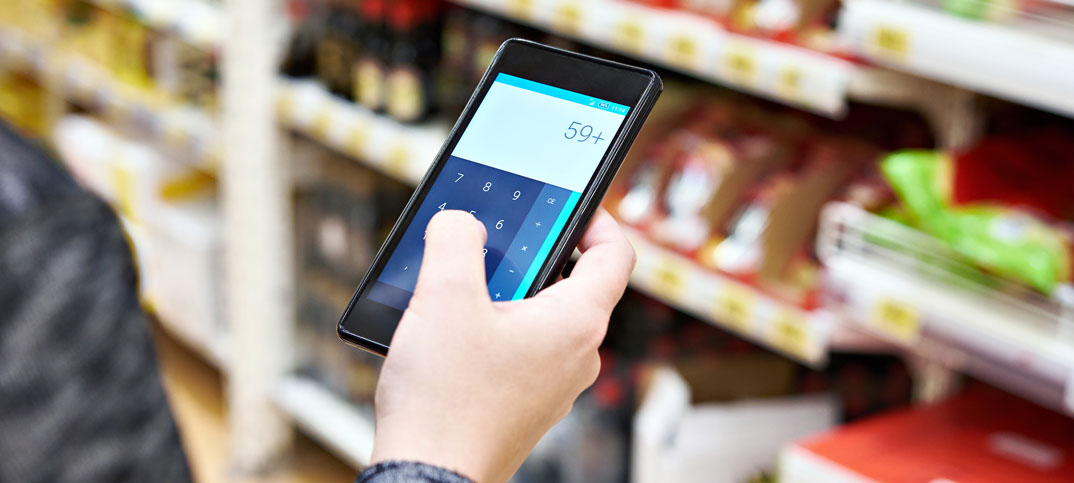Households in Britain are facing a cost-of-living squeeze, with the latest four-week grocery price inflation now standing at 3.8%, a 0.3% rise from December, according to latest Kantar figures.
Grocery inflation now stands at 3.2% for the 12-week period ending 23 January 2022. Prices are rising fastest in markets such as savoury snacks, fresh beef and crisps while falling in fresh bacon, vitamins and beer.
Fraser McKevitt, head of retail and consumer insight at Kantar, stated that the “weekly shop is no exception” to rising inflation.
Vegetarian and vegan products price comparison – Pricewatch – Better Retailing
“Taken over the course of a 12-month period, this 3.8% rise in prices could add an extra £180 to the average household’s annual grocery bill.
“We’re now likely to see shoppers striving to keep costs down by searching for cheaper products and promotions.”
Increasing shoppers confidence, combined with the return to the office, means pre-pandemic shopping patterns are returning once again.
Indies and symbol group see grocery sales decrease – Better Retailing
McKevitt added: “Basket sizes are now 10% smaller than this time last year, hitting their lowest level since the beginning of the pandemic. Changing habits were most marked in London, where take-home sales of food and drink decreased by 11%.”
The figures show that symbols and independents saw a 13.5% decrease on consumer spending change year-on-year. But saw a 4.6% increase, compared to two years ago.
Only three retailers recorded year-on-year growth this period, but every single grocer boosted its sales over the last two years.
Read more grocery product news and category advice





Comments
This article doesn't have any comments yet, be the first!